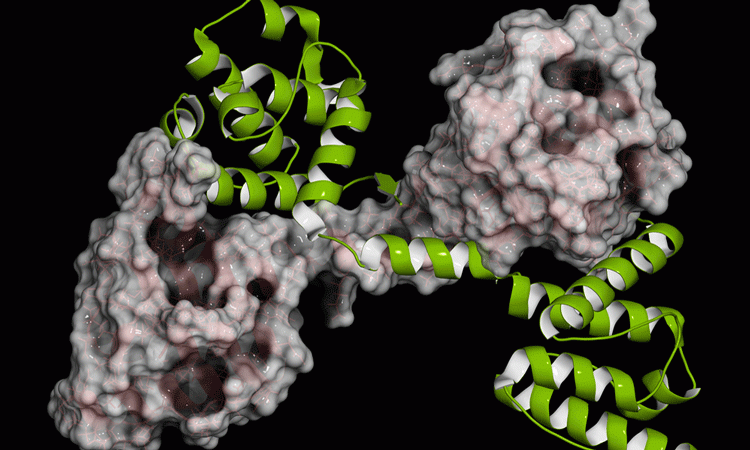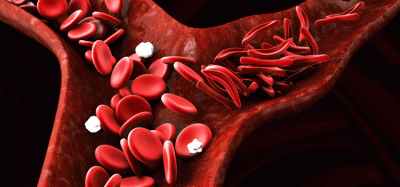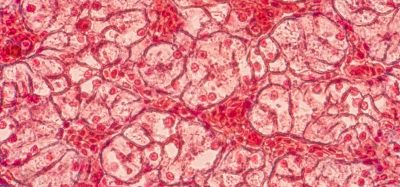Researchers find DNA therapy could treat patients with DMD
Posted: 26 September 2019 | Victoria Rees (Drug Target Review) | No comments yet
A study has revealed that using DNA-like molecules to repair gene mutations in models could act as a successful therapy for patients.


Researchers have used a promising new therapeutic to treat Duchenne muscular dystrophy (DMD) in human muscle cells and mice models. According to the researchers, their treatment could aid as many as 47 percent of patients with the condition.
The study, conducted by the University of Alberta, US, investigated whether using a group of DNA-like molecules would result in regrowth of a protein called dystrophin, which supports muscle strength. Patients with DMD often severely lack this protein.
“In muscle, if there is no dystrophin there is no support of muscle membrane and the muscle cells will become easily damaged or destroyed,” said Toshifumi Yokota, a professor of medical genetics at the university. “Our DNA-like molecules restore the production of dystrophin so it can support the muscle cell membrane.”
The team used a mix of DNA-like molecules, known as antisense oligonucleotides, to act in the manner of a stitch to repair a specific gene mutation in patients.
“Our treatment produces a shorter dystrophin protein than the drug being used now. This shorter protein is associated with extremely mild symptoms in some of the muscular dystrophy patients. Some have almost no symptoms at all,” explained Yokota.
The researchers are now working to reduce the number of DNA-like molecules in the mixture to reduce both cost and regulatory hurdles moving forward. They hope to progress the work to a clinical trial in the future.
The results were published in Molecular Therapy.
Related topics
DNA, Drug Targets, Gene Therapy, Research & Development
Related conditions
Duchenne muscular dystrophy (DMD)
Related organisations
University of Alberta
Related people
Professor Toshifumi Yokota








